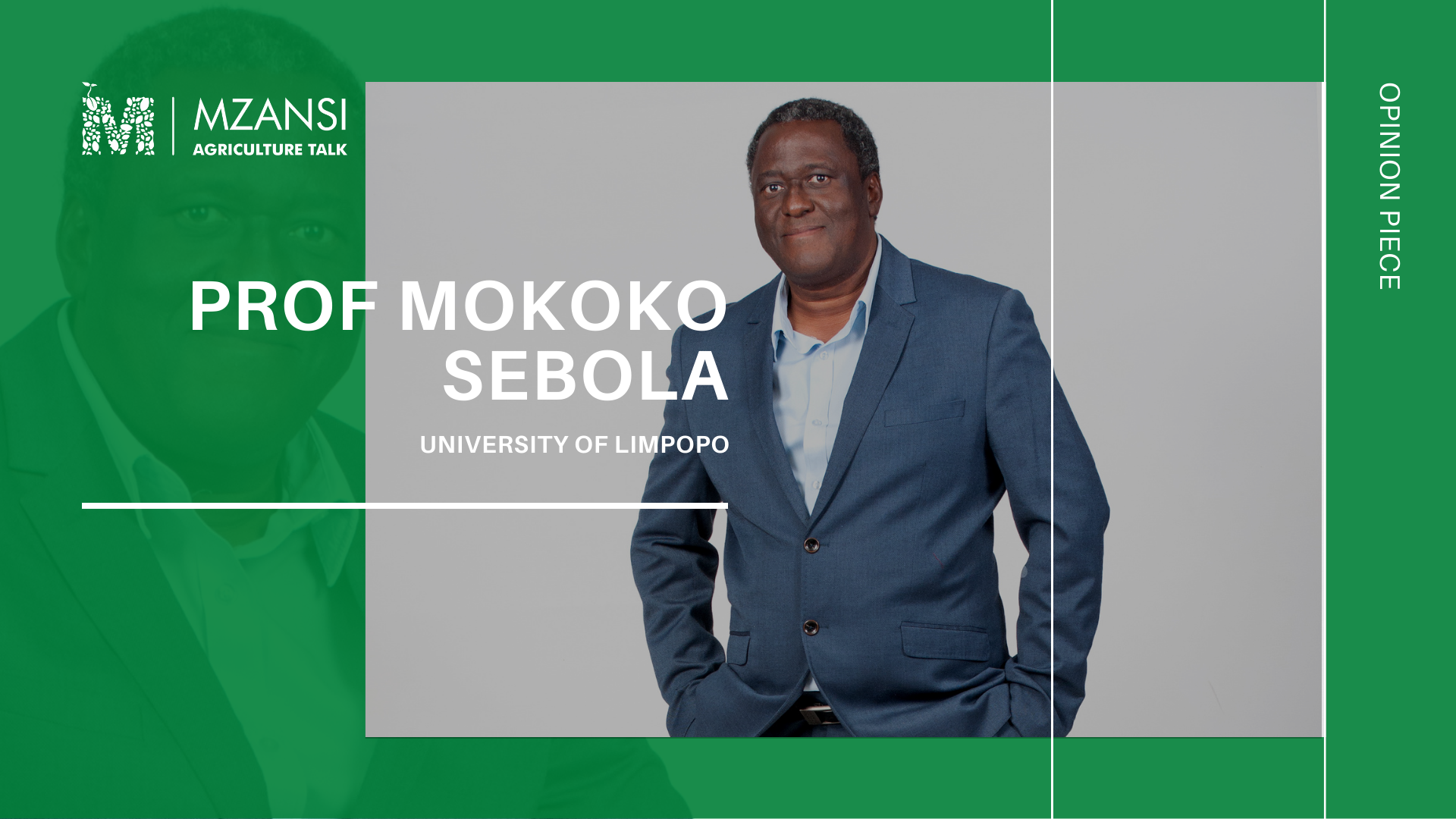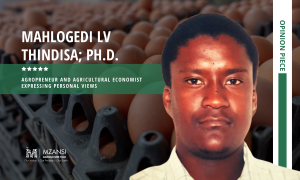It is not that I “think” that a democratic “government is not listening.” I certainly do not think that way. As I see it, the real problem is in the advisories and commissioned studies that government has been perpetually fed with.
The unfortunate part of the past 26 years in South Africa has been the predominance of academic sloth wherein consultancy work by, among others academics, have fed government with pointers of what they had believed politicians needed to hear. In the process, the consultants drew money and government found itself repeatedly adjusting its interventions because the real problems were never revealed with the necessary depth.
Instead, government has always been fed with expansive explanations of what the problem was and simplistic solutions were advanced. Almost all the scholarly material you may draw on the status of Black agricultural farming in South Africa would involve academic whose insights may have never been solicited. Even where conferences may have been held, in the final analysis government would have pursued recommendations from policy advisors and commissioned studies.
It is true that politicians are motivated by quick fix solutions because in South Africa, given the historic devastation of lives, it should be easy to say to constituencies that they will have access to, ownership and control of agricultural lands without carefully thinking through the complexities involved?
Without exonerating government, it should be understood that a consultant is appointed in the faith that they possess the relevant necessary skills to conduct such commissioned studies and that their results and advisories are made in good faith. Here I submit that it was the intellectual sloth that has caused the endless and pointless funding interventions.
That is, I find a breach of contract because government would have never instructed those who it had appointed to be economic with the truth, yet government would have paid the dues to them once they present such studies. So, the solution is to establish systems through which government advisories and commissioned studies would be made in good faith.
Should employed black professionals be funded to run farms?
I am not calling for the targeting of a specific group of black South Africans to the exclusion of another. In the article itself, I point to the partnerships; however, such partnerships cannot be created in a societal void given the history of de-skilling.
However, I believe that the approach that emphasizes permanency of the outcome of the funding model, as in families that would intuitively refresh society with Black commercial farmers once created, would not only be financially sustainable, but that it is also the most sound and valid for South Africa.
I do not think that exposing black youths to education opportunities in agricultural farming and then partnering them, as part-owners, with targeted established commercial farmers for “knowledge of Practice” on the bases of a long-tern planning strategy could ever be seen as discriminatory.
Under the current circumstances, agricultural land is transferred and a year or so later the land is transformed into a settlement; and, these are the results of the short-termism. My article proposed that working farmers should not be excluded from funding by government. I largely in my argument advocate that working farmers should not be discriminated in funding like it is the case currently in agricultural programmes.
Prof Mokoko Sebola in an internationally acclaimed academic from the University of Limpopo. He has appeared in over 500 citations and has been credited for producing thought leaders in the fields of economics, development, corporate governance and public administration. The article is based on an interview with Prof Sebola’s on his research title Financing emerging black farmers for agricultural development in South Africa: A wasteful and unworkable model for creating black farmers, which offers an interesting past, current and future deliberation.




















